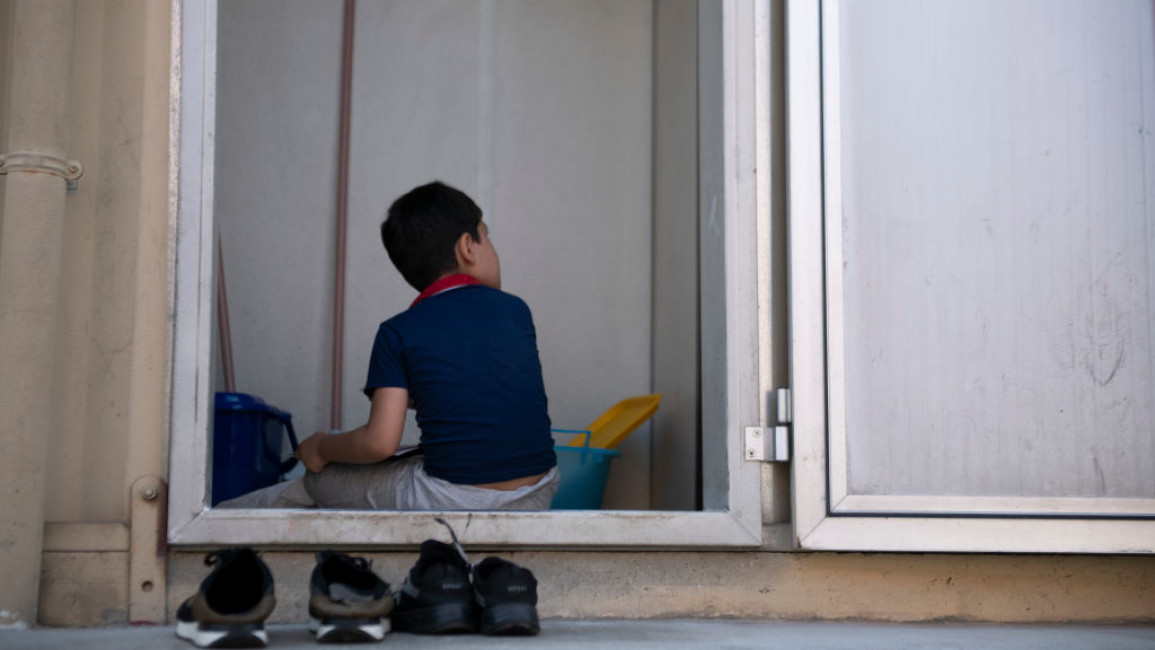Hundreds of unaccompanied Afghan children at risk in foreign countries: UNICEF
UNICEF has sounded the alarm over the number of Afghan children who have been separated from their families amid the chaos of the Taliban takeover of the country.
So far, they have identified approximately 300 unaccompanied children who were separated from their families during the evacuation of Afghans and foreign nationals from Kabul, although this number is expected to rise as identification efforts continue.
"UNICEF is deeply concerned about the welfare of unaccompanied and separated children wherever they may be. They are among the most vulnerable children in the world," UNICEF Executive Director Henrietta Fore said.
"I can only imagine how frightened these children must have been to suddenly find themselves without their families as the crisis at the airport unfolded or as they were whisked away on an evacuation flight," she added.
Some of the children were evacuated on flights to Germany, Qatar, and other countries.
The Hamid Karzai International Airport in Kabul witnessed chaotic scenes in the second half of August as thousands of desperate Afghans tried to secure places on flights leaving the country.
The swift Taliban takeover prompted the exodus, with many fearing reprisals from the group for working with foreign powers, or simply not wanting to live under their repressive rule.
UNICEF urged the governments of countries receiving unaccompanied children to protect them from abuse, neglect, and violence.
"During tracing and reunification processes, children should be provided with safe, temporary alternative care, preferably with extended family members or in a family-based setting," Fore said.
They added that the placement of children in institutional care facilities should only be done as a last resort and only as a temporary solution.
It also said that governments hosting unaccompanied children should broaden the definition of who is a family member, to ensure minors are able to remain with a known relative who can care for them.
"Separating children from adults whom they know and from whom they receive care could cause further harm," Fore said.
UNICEF said it is currently working in a number of locations to provide technical support to governments who are caring for unaccompanied children.
"Right now, our teams are on the ground at the Doha air base in Qatar and the Ramstein air base in Germany, working with authorities and our partners to register unaccompanied children, provide them with appropriate care and protection, and support tracing to bring them back together with their families," the UNICEF official said.
Since the Taliban takeover of Afghanistan in August, the humanitarian situation in the country has rapidly declined.
"Basic services in Afghanistan are collapsing and food and other life-saving aid is about to run out," a spokesperson for the UN’s Office for the Coordination of Humanitarian Affairs (OCHA) said.
UNICEF's director urged the global community to work together and secure the delivery of aid to Afghanistan, to ensure that the unfolding humanitarian disaster does not get even worse.
"Now and in the days to come, it is imperative that all parties and the international community join us in prioritising the wellbeing of children inside Afghanistan as well as those who have been evacuated," Fore added.



